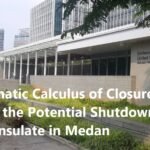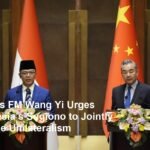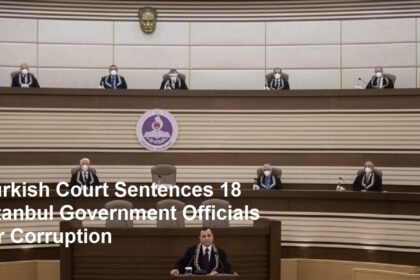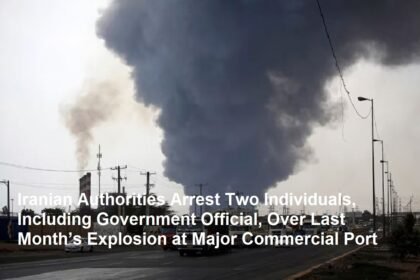On Tuesday, April 22, 2025, Prime Minister Anthony Albanese abruptly canceled several federal election campaign events to attend a memorial Mass for the late Pope Francis at St Patrick’s Cathedral in Melbourne. The decision saw the postponement of a community rally in suburban Richmond and the suspension of planned media interviews scheduled for the afternoon. Albanese described the move as “a necessary pause to pay respects to one of the most consequential leaders of our time,” underscoring the personal significance of the pontiff’s death to Australia’s 20 percent Catholic population.
Pope Francis, 88, passed away on Easter Monday, April 21, 2025, at his residence in Vatican City following an unexpected stroke that led to irreversible cardiac arrest. His 12-year pontificate was marked by advocacy for the marginalized, a firm stance on environmental stewardship, and efforts to foster interfaith dialogue. The pontiff’s declining health in recent months had prompted global concern, culminating in a final hospital stay for a respiratory infection and double pneumonia. His death was officially announced on April 21 by Cardinal Kevin Farrell, the Camerlengo of the Holy Roman Church.
St Patrick’s Cathedral, a neo-Gothic landmark in central Melbourne, filled quickly with mourners as flags across government buildings were lowered to half-mast in solidarity. Archbishop Timothy Costelloe, president of the Australian Catholic Bishops Conference, led the service and reflected on Francis’s enduring legacy of humility and compassion. “He was the people’s Pope, whose voice resonated with ordinary men and women,” Costelloe told the congregation, which included parliamentarians, diplomatic corps representatives, and grassroots parishioners. The ceremony featured candlelight vigils, hymns in Latin and English, and Scripture readings emphasizing mercy and solidarity.
The Prime Minister’s abrupt schedule change mirrored a broader national sentiment of subdued campaigning. Opposition Leader Peter Dutton, who shares a Catholic upbringing, similarly suspended public events and attended an early morning service in Sydney. Despite the solemn tone, both leaders participated in their scheduled televised debate later that evening, demonstrating a balance between respect for the pontiff’s memory and democratic obligations. Campaign spokespeople for both major parties emphasized that security protocols and logistical arrangements had been swiftly reconfigured to accommodate these changes.
Australia’s federal election is set for Saturday, May 3, 2025, with early voting having commenced on April 22. Voters cast ballots for all 150 seats in the House of Representatives and 40 of 76 Senate seats, with 76 required for a majority in the Lower House. Enrolment closed prior to the dissolution of Parliament on March 28, placing the government in caretaker mode. Postal vote applications remain open until April 30, and remote voting options are available for citizens abroad. Polling suggests a tight contest, with Labor narrowly ahead—but within the margin of error—in several key battleground electorates.
Albanese’s decision to honor the late pontiff has prompted reflection on the intersection of personal faith and public duty. A practicing Catholic, the Prime Minister has attended Mass regularly since his youth, and has often cited Francis’s teachings on social justice as inspiration for his own policy priorities. Political analyst Dr. Rachel Evans remarked that the move “reinforces his image as a leader guided by conviction,” while cautioning that any perceived politicization of religious observance could alienate secular voters. Nevertheless, early polling indicates public approval of the respectful pause, particularly among faith-based communities.
Following the service, Albanese returned to the campaign trail on Wednesday morning, rescheduling the Richmond rally and a regional tour in Victoria. His office announced that he would maintain a measured tone in subsequent events, with moments of silence built into appearances. Meanwhile, national flags will remain at half-mast until after Pope Francis’s funeral on April 26, when Australia will be represented by Governor-General Sam Mostyn in Rome. As the country honors the legacy of the “people’s Pope,” both sides of politics have pledged to conduct the campaign with decorum, uniting momentarily in shared mourning before resuming vigorous debate on Australia’s future.









